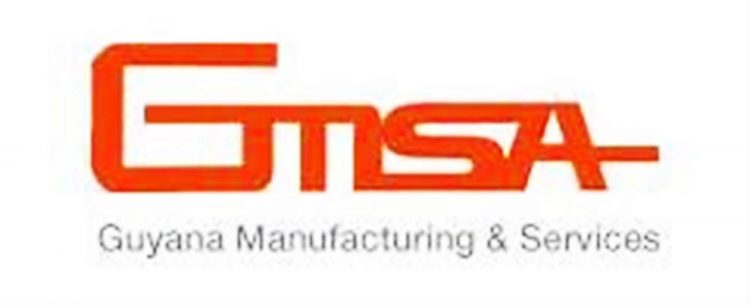Stabroek Business: Can you outline for the Stabroek Business, briefly, what you consider to be the two or three priority areas of focus for the GMSA at this time?
GMSA President: Priority Areas for GMSA.
I. Creating and fostering the environment for collaborative engagements with the public sector.
II. The GMSA has been encouraging the formation of consortium among its membership as the business environment is evolving. Partnerships allow businesses to share risk, increase financing options and improve their productive capacities to cater for the increasing demand in several of our subsectors.

GMSA: Our Agro-Processing sub sector accounts for 50% of our membership and are very important stakeholders of ours. One way in which membership in the GMSA has resulted in a major collaboration is the UncappeD event and platform. This allows agro-processors to display their products on an online platform and improve their visibility. Currently, members are uploading and stocking the website with their products, in the coming months we are looking to fully integrate this platform with online payment.
SB: Local agro processors complain about the fact that their costs of production have not been as competitive as they would want them to be because of the high cost of packaging materials. Would you advocate a limited state subsidy on imported packaging materials in order to have the sector find its feet over a limited period?
GMSA: Diversifying the economy and the development of non-oil sectors are pivotal. We (GMSA) would support a short-term packaging subsidy to allow many of these manufacturing companies locally to have some increased cash flow which can be used for expansion of their market share. Meanwhile, the GMSA applauds the Government for its support towards the existing Central Packaging Facility and Parika agro-packaging facility.
SB: One imagines that the advent of the oil and gas sector has been a game-changer for the manufacturing sector. Could you say a bit about the challenges for the manufacturing sector arising out of the advent of oil and gas as an economic sector and the way in which manufacturing is responding?
GMSA: The challenge for local manufacturing has always been the high cost of energy. The gas to shore project, once completed, will significantly reduce energy costs for our local manufacturers which can have an uptake in the sector. Another challenge faced is the increasing cost of labour. From an economic perspective, local manufacturers have been trying to match wages offered in oil in gas and related industries. An increase in the wage bill for a company has an inflationary effect on the final price. The manufacturing sector can cope with this by utilizing modern production methods. However, a high corporate tax rate of 45% in Guyana compared to 25% in Jamaica and Trinidad, makes this difficult. This is another area that can be re-evaluated as we are looking to formalize the country and encourage growth of the manufacturing sector.
SB: Official promises to make infrastructure available to render the country’s agro processing sector more efficient have not been realized up to this time. Is the GMSA involved in any way in pushing for the importation of machinery that can significantly improve the operations associated with manufacturing, as a whole, making it more efficient?
GMSA: In our Budget submissions to the Ministry of Finance we have requested incentives to develop agro processing such as a revolving fund, tax incentives which would then encourage the importation and adoption of these new production technologies etc. The use of new technology in manufacturing processes will definitely assist local manufacturers to be more efficient and also assist them in managing their operational costs, which will make their products competitive in the marketplace. While the demand is there in the form of government led initiatives such as the 25 by 2025 Initiative, growing regional and internal markets and the arrival of FPSOs there are still problems relating to the security of supply of agricultural products. This is due to climate change and heavy rain fall hampering yields. Investments must be made in agriculture as well to ensure security of supply.
SB: The GMSA has made an impact locally in terms of helping to promote agro processed commodities, craft, rums etc. to local markets. What can you tell me about how it is doing as far as pushing exports is concerned?
GMSA: Exports have been steadily increasing, referencing some Bureau of Statistics figures, Guyana’s year to date exports packaged products such as fish and by-products have already surpassed the entire last year production values. Other products such as rum & spirits, prepared foods, timber are on track to surpass last year as well. GMSA has been working feverishly to boost exports regionally and internationally whenever we can. Just to mention some highlights from this year we attended the Agro-fest in Barbados. This was done to aid, to increase trade and investments between parties.
SB: HOW do you envisage that the changing shape of the country’s economy will impact on the growth (or otherwise) of the country’s manufacturing sector particularly when it comes to the building sector?
GMSA: The change has already begun, we are witnessing the construction boom and as a result the expansion in our housing stock. This boom has also resulted in growth in our extractive sub sector which encompasses forestry, mining and quarrying. This upward trend for the construction sector will continue for at least the next 10 years. This is an excellent opportunity for Guyana to increase secondary economic sector (Manufacturing) and less dependent on a primary economy (raw materials).





